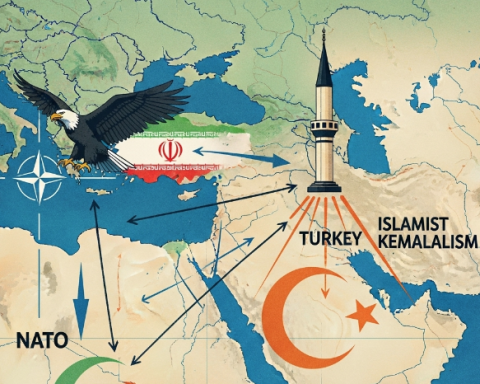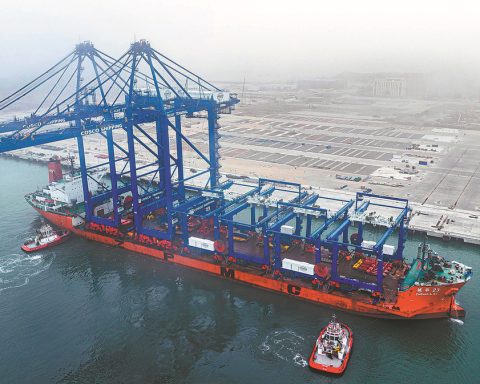The ever-shifting dynamics of the Middle East bring Russia and Iran’s relationship into the spotlight. While this relationship is often viewed as a strategic Partnership, it’s clear that it primarily revolves around shared interests. But how much can Russia rely on Iran, and vice versa? And where does Israel fit into Russia’s geopolitical calculations?
Russia’s Interests in the Middle East
Russia has long sought to establish itself as a major player in the Middle East. Its direct intervention in the Syrian Civil War to support the Assad regime is a prime example of this ambition. However, Russia’s policies in the region are fundamentally driven by its own national interests. In Syria, as in its relationship with Iran, these interests take precedence.
Though Iran and Russia have worked together in Syria, their objectives don’t always align. Iran’s confrontational stance toward Israel sometimes places Russia in an uncomfortable position. While Russia aims to curb U.S. influence in the region, it is also cautious not to sever its ties with Israel.
Russia’s Approach to Israel: Walking a Fine Line
Despite Russia’s criticism of Israel’s aggressive actions in the Middle East, especially in Syria, these criticisms largely remain rhetorical. Moscow tends to overlook Israeli airstrikes in Syria unless Russian military personnel are directly endangered. This cautious stance reveals that Russia is keen to preserve its relationship with Israel, even as it engages with other regional actors.
Why is this? Because taking a harder stance against Israel risks upsetting the delicate balance Russia maintains with Western powers, which could undermine Moscow’s broader regional interests. Additionally, the sizable Russian-speaking population in Israel further complicates this relationship. Therefore, Russia treads carefully in its dealings with Israel, even when it frustrates Iran.
How Much Can Iran Rely on Russia?
The relationship between Russia and Iran has been marked by highs and lows throughout history. While both nations share a mutual adversary in the West, this does not amount to a formal alliance. Both countries act according to their own interests, viewing each other as strategic partners when it suits their needs. However, in times of crisis, this partnership may falter. For example, Russia’s muted response to Israeli strikes on Iranian assets in Syria has shown that Moscow’s support for Tehran is far from unconditional.
Iran has provided Russia with kamikaze drones to aid its war effort in Ukraine, but this has not drastically altered Russia’s overall stance toward Iran. Russia continues to balance its relationship with Tehran, ensuring that its other strategic interests in the region remain intact. This cautious approach shows that Iran’s reliance on Russia carries significant risks.
In an Iran-Israel Conflict, What Would Russia Do?
Should a direct conflict between Iran and Israel erupt, it is unlikely that Russia would take a clear side. Moscow understands that such a conflict would likely drag the U.S. into deeper involvement in the region, potentially destabilizing the entire Middle East. This scenario could increase Iran’s dependence on Russia, but Moscow is unlikely to intervene militarily on Iran’s behalf. Instead, Russia would likely take advantage of the situation to further weaken U.S. influence in the region.
Ultimately, Russia’s policy in the Middle East is pragmatic and driven by its own national interests. While Iran may hope to view Russia as a reliable ally, Moscow’s primary concern will always be its geopolitical priorities. By maintaining a balancing act between Israel and Iran, Russia seeks to avoid unnecessary conflicts while protecting its interests.
Conclusion: Russia’s Calculated Approach
In conclusion, the partnership between Russia and Iran is based on strategic interests rather than a deep alliance. Russia carefully navigates the Middle East, avoiding actions that would jeopardize its relationships with key players like Israel. Despite its support for Iran, especially when it challenges U.S. dominance in the region, Moscow remains cautious not to let this partnership damage its broader geopolitical strategy. Russia’s delicate balancing act reflects the complexity of its foreign policy in one of the world’s most volatile regions.









